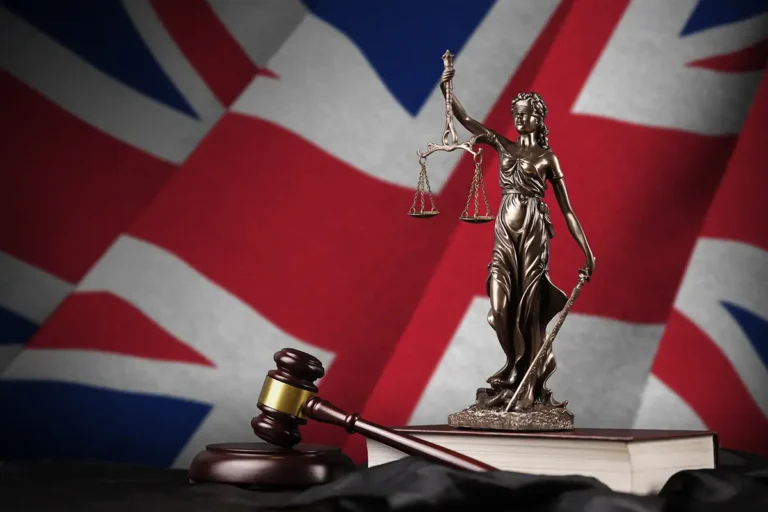If the First-tier Tribunal rejects your appeal, the next step is to find out if you can appeal to the Upper Tribunal. This page is all about knowing what you need to do to file an appeal, how to get permission to file an appeal, what a “error of law” is, how long you have to file an appeal, and what happens after the Upper Tribunal makes a decision.
Highwood Solicitors has a lot of information about other immigration appeals, like Administrative Review and Judicial Review.
Diving Deeper into the Upper Tribunal (Immigration and Asylum Chamber)
The First-tier Tribunal is on top of the Upper Tribunal (Immigration and Asylum Chamber). It handles appeals against decisions made by the First-tier Tribunal about entry clearance, permission to live in the country, and orders to deport people.
The Upper Tribunal also looks at Judicial Review requests about immigration, asylum, and human rights decisions made by the Home Office.
If you want to talk to one of our experienced immigration experts about your appeal, you can call +44 (0) 1206523714 or use our online enquiry form.
Insight into the Appeal Rights against First-tier Tribunal Decisions
There is no automatic right to take a case to the Upper Tribunal. Getting permission to appeal is important and can only be done in certain situations.
Procedure to Obtain Upper Tribunal Appeal Permission
First, you have to ask the First-tier Tribunal for permission to appeal. You can send a second request to the Upper Tribunal if they say no.
It is very important to have written proof that the First-Tier Tribunal broke the law when they turned down your appeal. Even if you don’t agree with the decision, that won’t be enough.
Most of the time, the papers that have been submitted determine whether or not an appeal will be allowed.
Identifying ‘Errors of Law’ for the Upper Tribunal Appeal
The First-tier Tribunal could make legal mistakes by misapplying or misinterpreting the Immigration Rules, missing important evidence, making decisions without enough evidence, making decisions that don’t match the decision of a higher court, or making procedural mistakes that lead to unfairness.
To deal with such complicated legal issues, you need to know a lot. Our skilled immigration lawyers can help you find and explain these mistakes so that you can win your appeal.
Key Deadlines for Upper Tribunal Appeals
- First-tier Tribunal’s Permission to Appeal: People who live in the UK have 14 days to appeal a written decision, while people who don’t live in the UK have 28 days. If there are delays, there may be a good reason to give more time.
- Upper Tribunal’s Permission to Appeal: After a denial from the First-Tier Tribunal, people who live in the UK have 14 days to appeal, while people who don’t live in the UK have a month. If you have a good reason, you can negotiate for an extension.
Note: Deadlines are based on calendar days, but they can be met by the end of the next working day if they fall on a day that is not a working day.
Upper Tribunal Appeal Cost: There’s no associated fee.
After Securing Upper Tribunal Appeal Permission
A hearing for a “error of law” is a normal part of the process. The First-Tier Tribunal sends a written decision with a list of any legal mistakes 28 days after the hearing.
Potential Outcomes of a Successful Upper Tribunal Appeal
The Upper Tribunal can:
- Reverse the decision of the First-tier Tribunal and make a new one.
- Send your case back to the First-tier Tribunal so that it can be looked at again.
If the appeal is denied, on the other hand, the first decision stays in place. But if the Upper Tribunal made a mistake in its decision, it could be sent to the Court of Appeal.
In Case of Upper Tribunal Appeal Permission Denial
You can ask for a “Cart Judicial Review” if the Upper Tribunal turns down your appeal. For something to be valid, it needs to show a big idea, an excellent way to do something or some other strong reasons. The best people to talk to about the law are our immigration lawyers.
How Highwood Solicitors Can Assist
Our dedicated solicitors work directly with clients, giving them valuable legal advice and strong representation during appeals to the Upper Tribunal.
You must be specific and thorough in order to challenge a First-tier Tribunal decision. At Highwood Solicitors, we put your unique situation first and use our years of experience to find legal solutions that work for you.
Whether you need help figuring out if an Upper Tribunal appeal is possible, writing the appeal, or needing a lawyer, our team is ready to guide you and fight for your rights.

